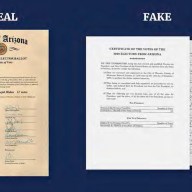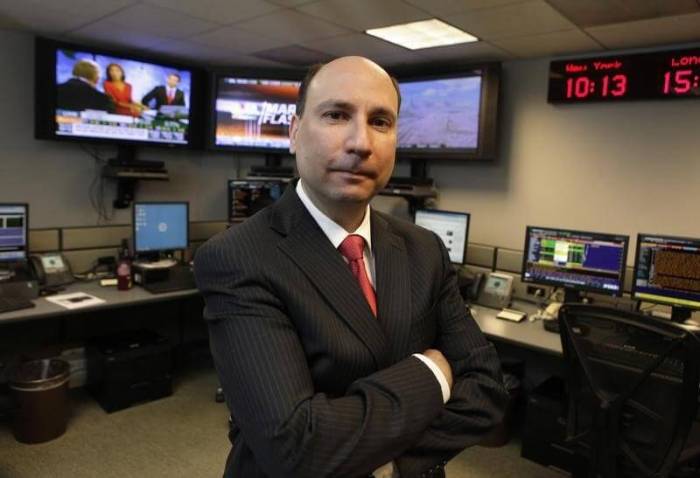By Sarah N. Lynch
WASHINGTON (Reuters) – Wall Street’s leading trade group went to battle on Monday against two top U.S. stock exchanges, arguing they should not have leeway to hike the fees they charge traders to access crucial proprietary equity market data. In a hearing before a Securities and Exchange Commission administrative law judge, an attorney for the Securities Industry and Financial Markets Association (SIFMA) tried to undercut testimony from an employee at Intercontinental Exchange’s NYSE Arca. At the heart of the case is a fundamental question about whether competition between NYSE and Nasdaq OMX is constraining the two rivals enough to justify the fees they charge traders for proprietary data. SIFMA argues that there are no competition constraints because the two data sets are significantly different, and traders rely heavily on both.
During a cross examination, SIFMA’s attorney Michael Warden of Sidley Austin LLP pressed NYSE Arca’s head of proprietary trading James Brooks about whether he had ever actually compared the two “depth of book” products, or a listing of quotes from potential buyers and sellers. “I have never tried to take snapshots and compare them,” Brooks said, though he later added that the two contain “similar” data.
Monday marks the first day of a week-long trial featuring a battle of the experts.
It is also the third time that outside groups have battled the exchanges over rules that let them charge for proprietary market data.
The exchanges say they are forced to charge fees because they are fiercely competing with SIFMA’s brokerage members for order flow. Brokerages typically operate “dark pools” and other internal electronic matching engines that compete directly with the exchanges for orders. The fight against the exchanges started in 2006, after a coalition of Internet companies filed a challenge against NYSE Arca after it won approval from the SEC to implement a new rule to start charging fees. SIFMA later joined the dispute. The case eventually went before the U.S. Court of Appeals for the District of Columbia twice.
The first time, the court vacated the rule, saying there was insufficient evidence that competition constrained fees. The case was dismissed a second time in 2013 on jurisdictional grounds, prompting the battle to wind up in the SEC’s own administrative court. The trial there is unusual. Typically, hearings in the SEC’s in-house court involve enforcement matters, not disputes between private parties.
(Reporting by Sarah N. Lynch; additional reporting by Herbert Lash in New York; Editing by Ted Botha)


















